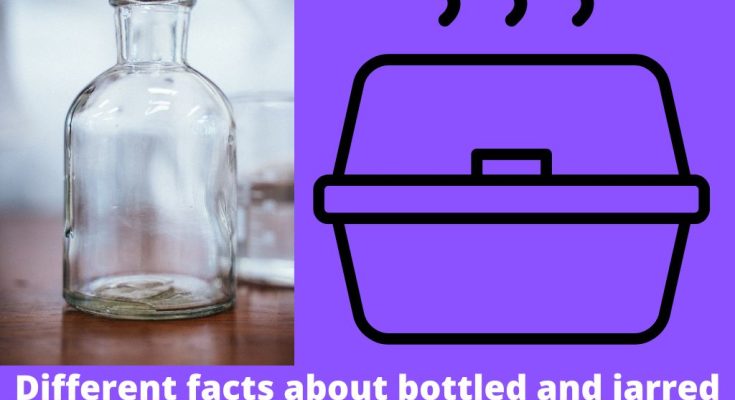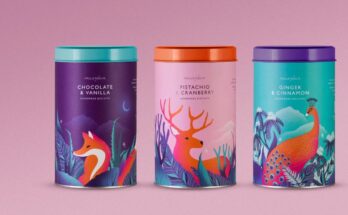The shelf life of bottled and jarred packaged goods differs from those in a jar. But is it worth the additional expense? If you can extend the shelf life of these goods, you will be able to enjoy fresh food for a longer time. Here are some interesting facts about packaged goods. Listed below are some simple tricks to extend the shelf life of bottled and jarred goods.
Cost of bottled and jarred packaged goods
Bottled and jarred packaged goods offer consumers the convenience of prepared foods at a lower cost than fresh produce. As consumers look for ways to save money on their grocery bills, bottled and jarred packaged goods are becoming an increasingly popular. Jarred and canned goods typically have clear, airtight, and light-free packaging. However, packaging materials are often hazardous, and consumers should be mindful of this before purchasing them.
Benefits of packaged goods
The advantages of bottled and jarred packaged goods are their ease of storage and their practicality. These containers make it easier to store and carry food, and can also be reused. Jarred and bottled items can last for many years because of their high-quality seals. Jarred foods are easy to open and carry, and they are also packed with vitamins and minerals. Bottled and jarred foods also make preparation easier.
Many consumers are confused about which packaging material to choose. Plastic bottles are popular because they’re cheap and flexible. Plastic bottles are also unrecyclable and can cause pollution. Plastic bottles also take up most of the landfill space. Glass bottles are more environmentally-friendly. Bottled and jarred goods are often healthier for consumers, and they are also environmentally friendly.
Shelf life of bottled and jarred packaged goods
There are some ways to extend the shelf life of bottled and jarred packaged foods. While most packaged foods are safe to eat, proper handling and storage may prolong their life. Some packaged foods require heating before consumption. In other cases, the packaging can reduce the shelf life of the goods. Using appropriate packaging materials is one of the best ways to extend the shelf life of these goods. To find out more about these methods, check out our blog.
Using glass containers for storing and transporting food has its advantages. Glass jars are environment-friendly and recyclable. They also allow the consumer to inspect the contents without having to open the lid. In addition, glass is the best type of packaging for food and beverages. It is also biodegradable, recyclable, and breakable. The shelf life of bottled and jarred packaged goods depends on many factors.
Choosing between bottled and jarred packaged goods
If you’re looking for a new way to store your food, you can decide between bottled and jarred packaged goods. Both types have their benefits and drawbacks. Bottled goods are usually more attractive and convenient, while jarred goods offer more protection from external factors. However, you should be aware of the differences between the two types of packaging, and what they mean for you. Read on to learn how to choose the best choice for your household.
- Firstly, jarred goods are usually more expensive than bottled products, so choosing between the two should be based on your personal preferences. Bottled goods tend to last longer, have more health benefits, and can be more convenient to store. Plus, they’re often BPA-free. So, if you’re trying to decide which is best for you, it’s a good idea to read the labels.
- Jarred packaged goods are more environmentally friendly than bottles, but there are also drawbacks to each. Glass bottles break easily, while jars are easier to transport and are more expensive to buy. But regardless of the drawbacks, both types have their advantages. Choose the type that suits your needs. You may be surprised at the difference in your product’s performance.



